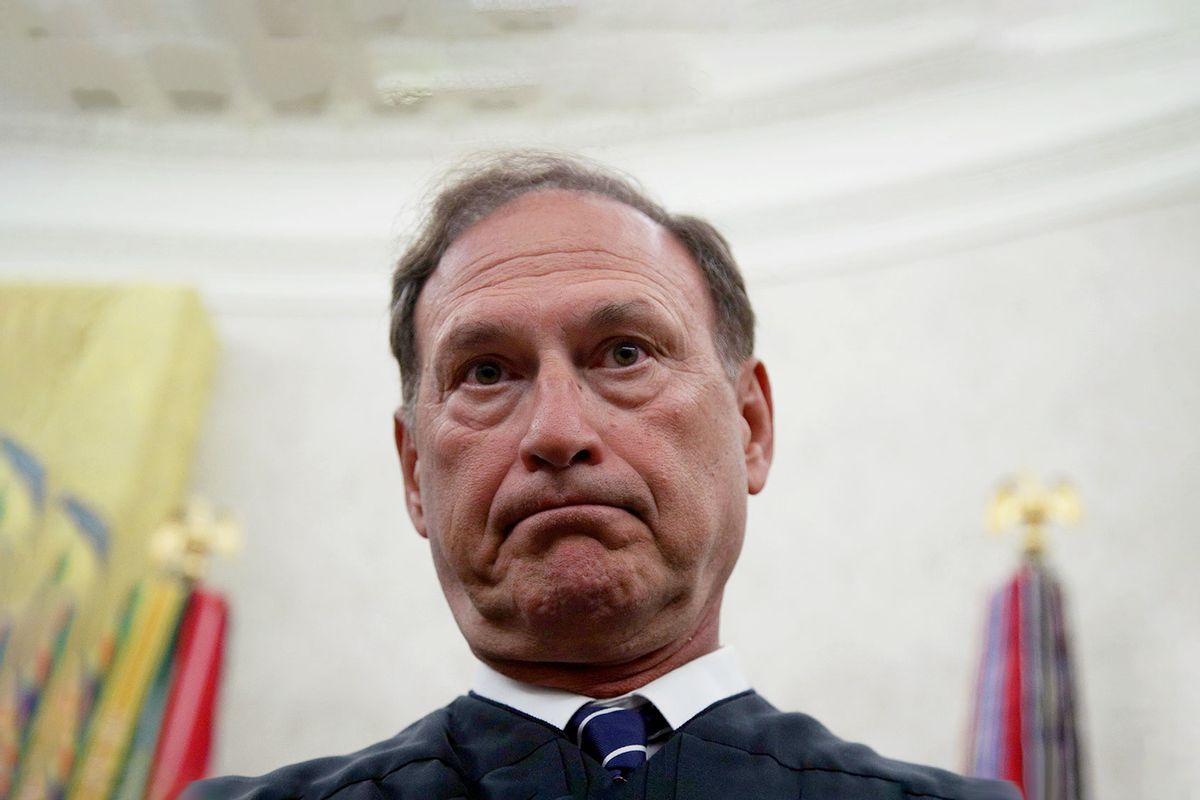The Marshal of the Supreme Court on Friday released new information about her investigation into the leak of a draft decision that overturned one day after revealing that she had not determined the identity of the leaker.
In the statement, Marshal Gail Curley said that she "spoke with each of the Justices, several on multiple occasions" about the leak of the decision that ended five decades of precedent for protecting reproductive rights in the United States.
"The Justices cooperated in this iterative process, asking questions and answering mine," she said. "I followed up on all credible leads, none of which implicated the Justices or their spouses. On this basis, I did not believe that it was necessary to asked the Justices to sign sworn affidavits."
Slate legal columnist Mark Joseph Stern reacted with frustration to this revelation, as he believed it was a tool that should have been used in such an important probe.
"Sworn affidavits were THE main tool that the marshal used to secure truthful statements from everyone she interviewed because lying on an affidavit is a crime," he wrote. "Yet the justices were exempt from this requirement. The marshal's justification for not making the justices sign sworn affidavits is odd. She says no 'credible leads... implicated the justices or their spouses.' OK, but surely that was true of many of the other 82 people who were interviewed. Yet they had to sign affidavits.




Shares